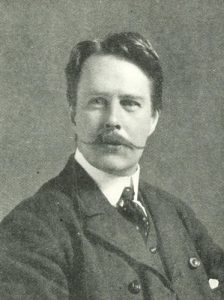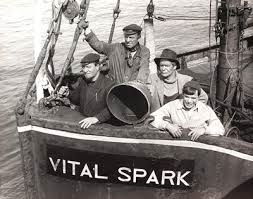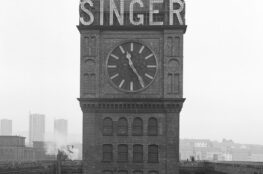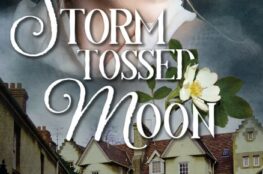
Neil Munro was a Scottish writer who lived from 1863 to 1930. A busy journalist, newspaper editor, loving father and husband, he wrote a clutch of highly-enjoyable and highly-regarded historical novels, which include The New Road, John Splendid and Doom Castle.

He’s remembered by many Scots for his humorous Para Handy stories where the crew of a Clyde puffer, The Vital Spark, fall into a series of adventures while shipping supplies to the islands and coastal communities of the Firth of Clyde and the West Highlands of Scotland. Two very popular TV series were made.
Munro came from the West Highlands. He was born in Inveraray and his first language was Gaelic. Although he wrote in English, it’s underpinned by what many Gaels refer to as the language of the Garden of Eden. The combination makes for a lyrical result, especially in Munro’s collection of short stories, The Lost Pibroch.
Pibroch is a style of Highland bagpipe playing, very hard to master.
Here are a few enchanting examples of Neil Munro’s writing, the first from the story that gives the collection its title:
“To the make of a piper go seven years of his own learning and seven generations before. If it is in, it will out, as the Gaelic old-word says; if not, let him take to the net or sword. At the end of his seven years one born to it will stand at the start of knowledge, and leaning a fond ear to the drone, he may have parley with old folks of old affairs.”
From the story of The Fell Sergeant:
“It is ill enough to have to die in Glenaora at any season, but to get the word for travelling from it on yon trip in the spring of the year is hard indeed. The gug-gug will halloo in your ears to bid you bide a wee and see the red of the heather creep on Tom-an-dearc; the soft and sap-scented winds will come in at the open door, and you will mind, maybe, of a day long-off and lost when you pulled the copper leaves of the bursting oak and tossed them among a girl’s hair.”
From the story entitled War, describing how the Campbells of Inverary went off to fight against the Jacobites at Culloden:
“On the belts of the older men, loth to leave the fire-end, mothers and wives were hanging bags with thick farls of cake, and cheese, and the old Aora salve for sword cuts.”
From the same story, with the added poetry of place names:
“Far up the long Highlands the Campbells were on their way. Loch Sloy and Glen Falloch, Rannoch’s bleakness and Ben Alder’s steepness, and each morning its own wet grass and misty brae, and each night its dreams on the springy heather.”
And I was inspired to write this post courtesy of Bookshelf Fantasies Thursday Quotables. It’s good to share words that we love!

